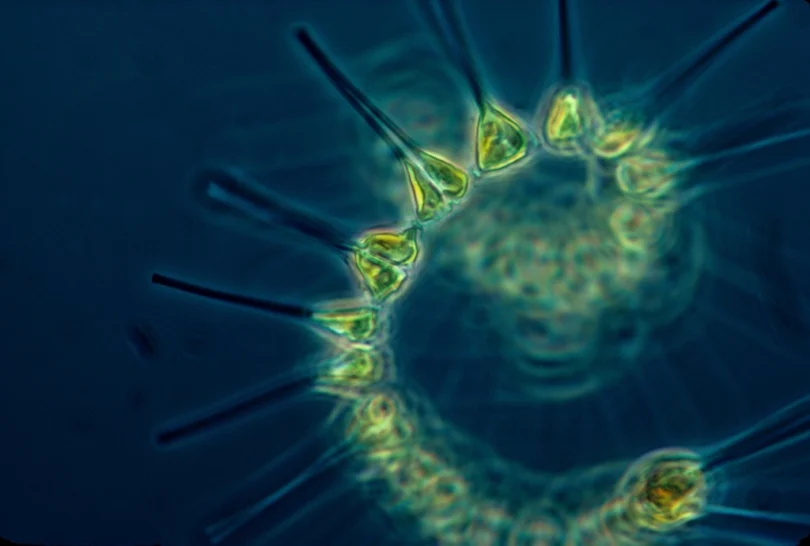
In the vast blue expanses of our oceans lies a tiny yet mighty organism that plays a crucial role not just in marine ecosystems but also in supporting human health. Phytoplankton, often overshadowed by their larger counterparts, are microscopic plant-like organisms that thrive in marine environments. Despite their size, phytoplankton pack a nutritional punch that can benefit the human body in numerous ways.
Nutritional Powerhouse
Phytoplankton are rich in essential nutrients, including vitamins, minerals, amino acids, and antioxidants. These nutrients are vital for maintaining overall health and supporting various bodily functions. For instance, phytoplankton are a great source of omega-3 fatty acids, particularly EPA (eicosapentaenoic acid) and DHA (docosahexaenoic acid), which are known for their anti-inflammatory properties and their role in brain health and cardiovascular function.
Supporting Immune Health
The antioxidants found in phytoplankton, such as beta-carotene and astaxanthin, play a key role in supporting the immune system. Antioxidants help neutralize free radicals in the body, reducing oxidative stress and inflammation. By incorporating phytoplankton into your diet, you can give your immune system a natural boost, potentially reducing the risk of chronic diseases.
Enhancing Energy and Vitality
Due to their rich nutrient profile, phytoplankton can contribute to increased energy levels and overall vitality. The amino acids present in phytoplankton are essential for protein synthesis, which is crucial for muscle repair and growth. Additionally, the vitamins and minerals support various metabolic processes, helping your body function optimally and maintain energy throughout the day.
Promoting Skin Health
The antioxidants and omega-3 fatty acids in phytoplankton can also benefit your skin. These compounds help protect against UV damage, reduce inflammation associated with skin conditions like acne and eczema, and promote collagen production for firmer, more youthful-looking skin. Adding phytoplankton to your diet or using skincare products containing phytoplankton extracts can contribute to a healthier complexion.
Sustainable and Eco-Friendly
Aside from their nutritional benefits, phytoplankton also offer environmental advantages. They form the base of the marine food web, providing food for various marine organisms, including fish and whales. Moreover, phytoplankton play a crucial role in carbon sequestration, helping mitigate the effects of climate change.
How to Incorporate Phytoplankton Into Your Diet
There are several ways to add phytoplankton to your diet:
- Supplements: Phytoplankton supplements are available in various forms, including capsules, powders, and liquid extracts. These supplements are convenient and offer a concentrated dose of phytoplankton nutrients.
- Food Products: Some food products, such as algae-based snacks and beverages, may contain phytoplankton extracts. These can be a tasty way to reap the benefits of phytoplankton.
- Recipes: You can incorporate phytoplankton powders or extracts into smoothies, salads, dressings, or baked goods for an added nutritional boost.
Conclusion
Phytoplankton may be small in size, but they have a big impact on both marine ecosystems and human health. From supporting immune function and enhancing energy to promoting skin health and offering sustainable nutrition, phytoplankton are a superfood worth incorporating into your lifestyle. Whether through supplements, food products, or creative recipes, harnessing the power of phytoplankton can contribute to a healthier, more vibrant you.








